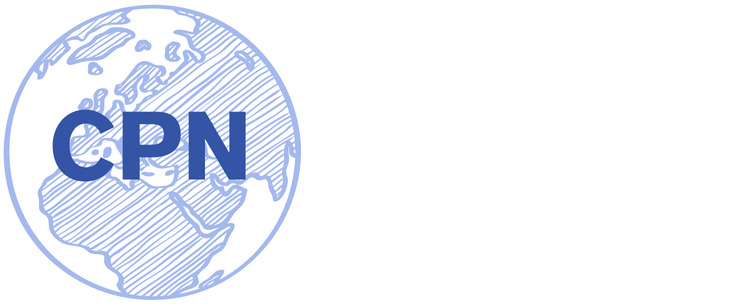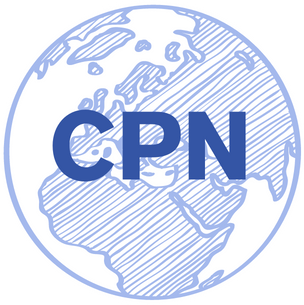Image from Encyclopedia Britannica, “Kintsugi”
Time:
3:00pm Central Europe / Central Africa (4:00pm East Africa Time / Jerusalem, 2:00pm UK, 9:00am USA Eastern, 6:30pm India Time)
Meeting Theme:
Experiences of harm and trauma are intricately linked to cycles of conflict as people strive to satisfy unmet needs for safety, justice, and well-being. Unfortunately, our experiences of faith (including Christianity) can also contribute to spiritual, emotional, and psychological forms of harm when our faith promotes rigid us-vs-them binaries and install fear and distrust of the “other.” Theologies that even unintentionally instill fear will trigger trauma responses, such as hyper-vigilance, aggression, and withdrawal, further entrenching distrust and social divisions. By marginalizing and even demonising those of other faiths, exclusive theologies not only exacerbate existing fear and trauma, but they can create new layers of harm, perpetuating cycles where conflict, trauma, and toxic faith all feed into one another, impeding God’s work to heal and reconcile all things.
During our September CPN meeting, we delve into this relationship between trauma, faith, and peacebuilding with Mirela Popaja-Hadžić, program director with Peace Catalyst International and Gestalt psychotherapist under supervision. Mirela will offer hopeful insights from her personal journey about how our work to heal our own trauma and overcome fear-based theologies can empower us to build healthier and mutually transformative relationships as part of God’s mission to heal all things.
Key points for reflection and consideration:
How are harm, trauma, and cycles of conflict all connected?
In what ways do various expressions of Christian faith reinforce trauma and conflict cycles?
What are key indicators or “fruit” of a healing-oriented faith? How do we know when we’ve got it wrong? What might help us know that we’re headed in the right direction?
How do we heal from toxic forms of faith that promote rigid us-vs-them binaries and install fear and distrust of the “other”? How do we build healing-oriented forms of faith?
Facilitators:


